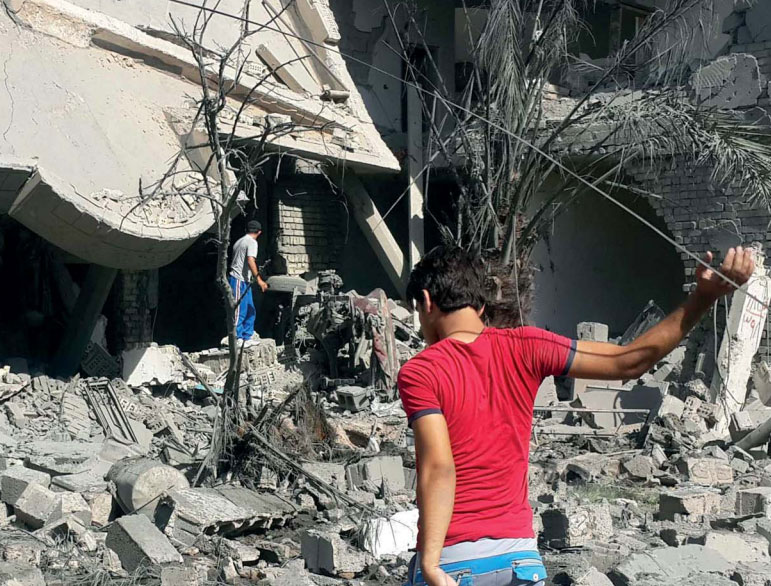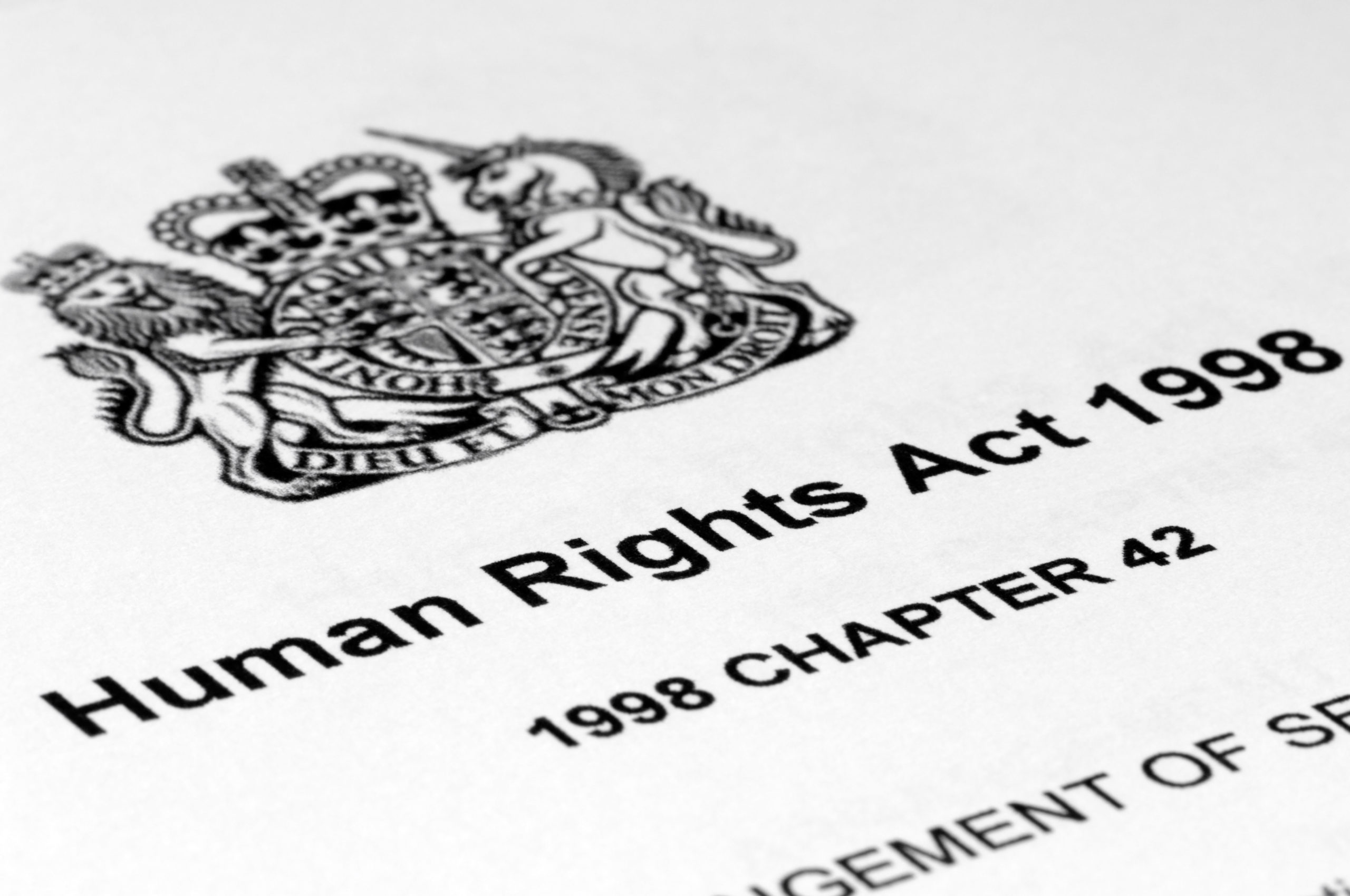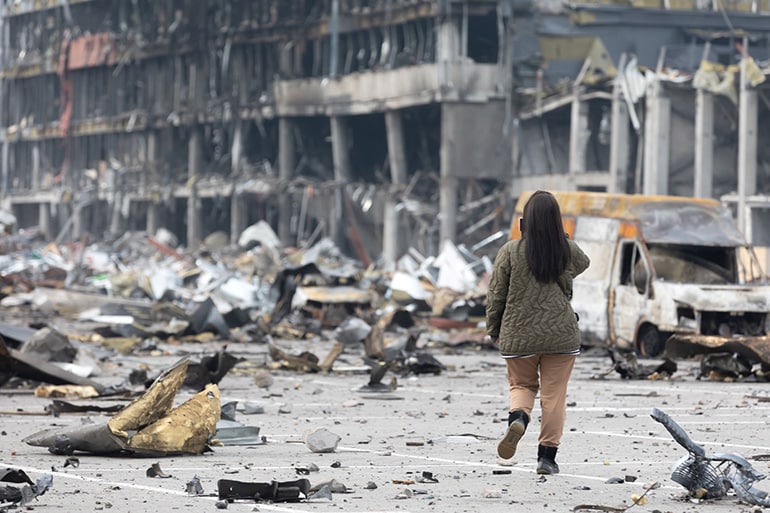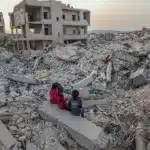November 2015
Over 4,000 civilians have been killed in the anti-ISIS bombing campaigns in Iraq and Syria during 2014 – 2015, according to available monitoring information based on credible local sources. The majority of these deaths, over 2,800, resulted from often indiscriminate bombardment by the Iraqi Security Forces. Hundreds of other civilians have been killed in anti-ISIS airstrikes carried out by members of the US-led international coalition, by the Syrian Air Force, and more recently by Russian forces, among others.
Civilian populations in Fallujah and other cities in western and northern Iraq, and in Raqqa, Aleppo and other areas of eastern and northern Syria, have been subjected to an unremitting and often indiscriminate bombardment, including the use of barrel bombs, that has left residential areas destroyed and caused extensive damage to schools, hospitals and mosques.
November 2015
Report PDF: Civilian deaths in the anti ISIS bombing campaigns
Over 4,000 civilians have been killed in the anti-ISIS bombing campaigns in Iraq and Syria during 2014 – 2015, according to available monitoring information based on credible local sources. The majority of these deaths, over 2,800, resulted from often indiscriminate bombardment by the Iraqi Security Forces. Hundreds of other civilians have been killed in anti-ISIS airstrikes carried out by members of the US-led international coalition, by the Syrian Air Force, and more recently by Russian forces, among others.
Civilian populations in Fallujah and other cities in western and northern Iraq, and in Raqqa, Aleppo and other areas of eastern and northern Syria, have been subjected to an unremitting and often indiscriminate bombardment, including the use of barrel bombs, that has left residential areas destroyed and caused extensive damage to schools, hospitals and mosques.
The international coalition is conducting airstrikes in both Iraq and Syria in support of the Iraqi government’s struggle against ISIS and cites the collective self-defence of Iraq as the primary justification for its use of force under international law. Intelligence from Iraqi security forces on the ground is used to inform the targeting of international coalition strikes, and military training, intelligence and equipment, including American F16 fighter aircraft, are supplied by members of the coalition to Iraqi forces. Under the circumstances, there is a serious failure to take any collective responsibility for the unacceptable rates of civilian casualties.
The prevention of future civilian casualties is being impeded by the failure by all parties to the conflict to acknowledge civilian deaths and investigate them transparently. In respect of the international coalition, failures in transparency represent a marked deterioration from recent practice in other conflicts.
This report recommends:
- All credible allegations of civilian casualties should be subject to an effective, prompt, thorough and impartial investigation, and the results made transparent, with a view to suppressing breaches of international humanitarian law and violations of human rights and securing reparation for victims and their families;
- The international coalition should seek to ensure that both its individual members, and the Iraqi Security Forces it supports, prohibit attacks targeted at civilians or civilian objects, prohibit indiscriminate attacks and take all feasible precautions to avoid or at least minimise civilian death or injury;
Any decision to undertake further military action should put in place adequate mechanisms to monitor and evaluate the action according to its effect on the civilian population.























